Enterprise Resource Planning, better known as ERP, dates back to the 1960’s and is a process that applies to inventory management in manufacturing. At the time, software was developed to serve as an asset management tool for businesses to monitor components and from there, generate detailed reports on the status of these products. Over time, the program evolved into material requirements planning (MRP) to help with production scheduling processes and ensure businesses did not encounter congestion within their product lines. Today, ERP is an essential business management tool for many industries and can assist in making an organization more efficient, leading to increased productivity that improves your bottom line.
What is ERP?
At its core, ERP is the integrated management of business’ processes, often in real-time and mediated by software and technology. In other words, all aspects of a business (accounting, purchasing, inventory management, human resources, etc.) can be accessed by a single piece of software. Multiple divisions of an organization can rely on the same information located in an ERP for their own specific needs, making this software an essential business management tool.
Are there different types of ERP systems?
In fact, there are 3 types of ERP – Cloud ERP, On-Premise ERP, and Hybrid ERP. A cloud business software suite is accessible through the internet and can easily be shared externally. On-premise ERP operates on in-house serves at your own location and utilizes the security and control of using your own IT infrastructure to connect people, processes and systems within an organization. Cloud ERP is very beneficial to a business because it enables real-time reporting, allowing other users to access information as quickly as possible. Cloud ERP is flexible and mobile allowing accessibility from multiple devices.
What are the benefits of ERP?
ERP software, such as NetSuite, provides business management solutions for a variety of organizations. Business management software can help improve small retail companies or large wholesale distributors. Among the many benefits, ERP software systems can help improve productivity, reduce IT costs and streamline all business processes.
Improve Productivity
Because business management software allows multiple divisions of an organization to access information, this enhances employee productivity. Staff members can access real-time information, so if a resource needs acquired, anyone within the organization has the capability to receive it from their department at any time.
Reduce Costs
Within ERP software, all information can be accessed from a single database. This in return reduces the expense of creating multiple data centers And by having a central database, there is improved accuracy by standardizing organization procedures throughout each department.
Streamline Business Processes
With cloud ERP, a business can stream information from multiple devices. The mobility of this business process suite can improve the quality of business because supervisors can now monitor all aspects of an organization.
Software that entered the market as an inventory monitor has evolved into a software that can oversee all divisions of an organization. ERP software is beneficial to businesses in many industries. Although it can be very technical, steps can be taken to make sure the system is comprehended. Call a local ERP tech for additional information.







